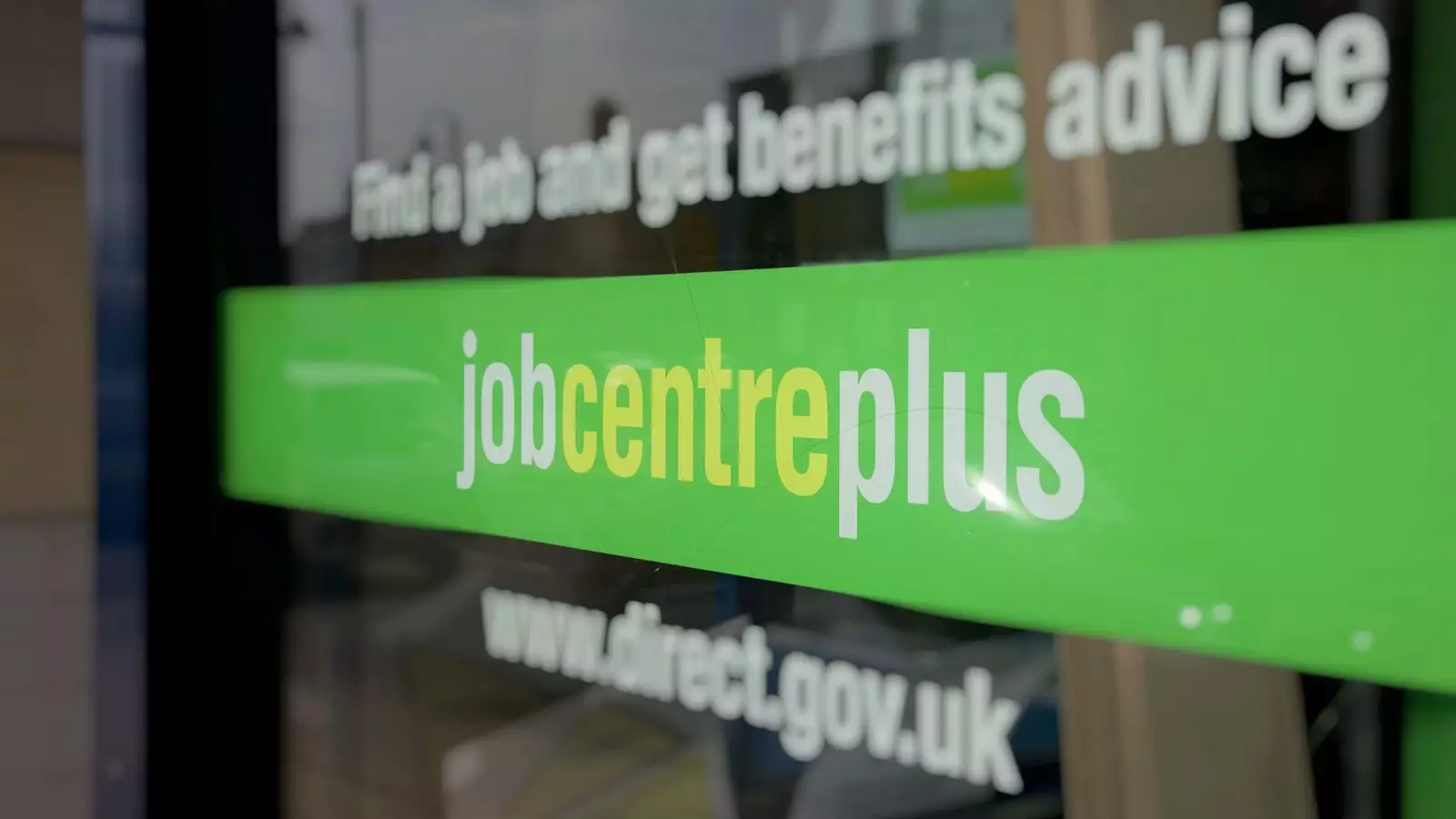The latest statistics from the United Kingdom paint a grim picture of the job market, with the unemployment rate inching up to 4.6% as of April. This recent spike not only signals a troubling trend but raises critical questions about the government’s economic policies. A total of 1.6 million people are now counted among the unemployed, a statistic that should alarm every citizen and policymaker. What is even more concerning is that these figures coincide with the introduction of significant tax hikes on businesses—a move that many had foreseen as a catalyst for job losses and insecurity.
The Office for National Statistics (ONS) revealed that while the jobless rate had previously stood at 4.5%, April yielded a fresh high not seen since July 2021. As the country grapples with these disheartening trends, it is abundantly clear that changes in fiscal policies have real implications for the wellbeing of the nation’s workforce.
Employment Decline: A Stark Reminder of Economic Adjustments
In May, the number of payrolled employees witnessed a sharp decline, falling by 109,000—a drop that is double the 55,000 recorded in April and the steepest monthly reduction in five years. This plummet in employment figures cannot be merely brushed aside as statistical fluctuations; it is indicative of a broader economic malaise exacerbated by financial decisions that seem rather reckless given the delicate state of the economy. When companies face increasing national insurance contributions and wage expectations, the obvious outcome is often a contraction in hiring and a reticence to invest in new talent.
Employers appear to be exercising caution, and the feedback from the ONS’s vacancies survey seems to confirm a tendency among firms to hold back on recruitment. This is not just a matter of numbers; it reflects a growing anxiety in the business landscape where companies are increasingly wary of their fiscal responsibilities amid rising costs.
The Chancellor’s Dilemma: Taxes or Job Security?
Chancellor Rachel Reeves finds herself at a crossroads, particularly after facing criticism regarding her policy decisions. Despite her claims that the tax hikes were an unavoidable, one-time necessity to address a £22 billion “black hole” left by the previous administration, public skepticism looms large. It’s remarkable that she continues to defend a budget that has resulted in immediate adverse reactions in the employment sector. Is the short-term fiscal gain worth the long-term repercussions of a weakened job market?
Employment minister Alison McGovern touts the success of initiatives like ‘Get Britain Working,’ proudly announcing that employment levels have risen since they took office. Yet, the contrasting statistics simply do not align with this positive narrative. The government cannot overshadow factual evidence with hollow reassurances. The reality remains stark: while there may be more jobs available, the quality and stability of these positions are being compromised.
Wages Under Pressure: Is Growth Sustainable?
The ONS reported that average weekly earnings have slipped from a previously revised figure of 5.5% to 5.2% year-on-year. This decline in real wage growth, juxtaposed against persistent inflation, marks yet another hurdle for employees who are struggling to make ends meet. While on the surface, these earnings are still outpacing inflation rates, the cushion they provide appears flimsy against the backdrop of economic unpredictability. For ordinary citizens, the sting of rising prices coupled with stagnant wages can often feel like a double blow.
The Bank of England may cheer lightened wage growth as a remedy against escalating inflation risk, but let’s be realistic: this is hardly a victory for the everyday worker who finds themselves navigating an increasingly precarious financial landscape.
A Call for Responsible Policy Making
As we dissect these latest figures, the crucial need for accountability and responsible policymaking becomes glaringly apparent. Leaders must approach economic reforms with a keen appreciation for their real-world implications. Tax policy should not only be about balancing budgets but should also prioritize fostering a stable job market. The fragile nature of the current labour landscape demands urgent attention and a thoughtful response from policymakers.
In the end, the real question remains whether this turbulence in the job market is a temporary setback or a precursor to a deeper systemic issue that could plague the UK economy for years to come. The time has come for rigorous debate and thorough reassessment of policies that prioritize people over mere numbers. The citizens of the UK deserve nothing less.


Leave a Reply